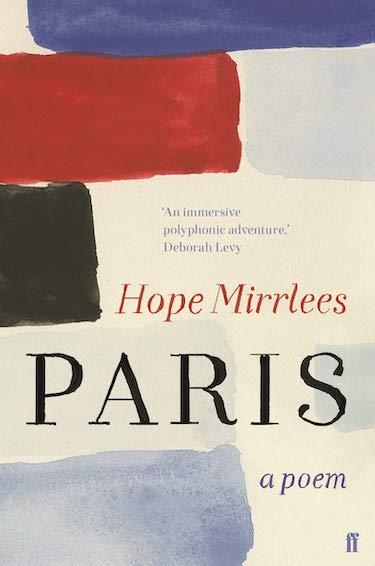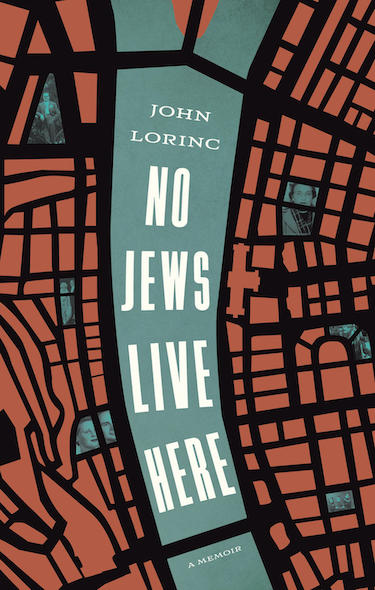

The nervous system of my imaginary Vancouver is North American, but its eyes are oceanic.
Because the imagination abhors a vacuum, it serves up a mashed simulacrum of a not-yet-visited city before we arrive there, assembled from clichés, stereotypes, facts, anecdotes, errors and whatever flotsam and jetsam has drifted our way down the years. Once we’ve arrived in the real city, of course, the imaginary city is erased by every real street, genuine face and actual view—so thoroughly, in fact, that pretty soon we no longer have an inkling what our imaginary city ever looked like. A bit of a shame? To protect my imaginary Vancouver against reality, I described it in my notebook during the long flight from London.
From a distance, my imaginary Vancouver sits along the glossy water, more a model of a city than a city. Its skyscrapers resemble extraterrestrial chessmen, and rise above large, echoing family-run department stores. Closer up, my imaginary Vancouver is scoured by the cold Pacific (as much an oxymoron as “hot Atlantic,” where I’m from) and in need of a fresh lick of paint, like any working port. Ferries lit like Christmas trees plow the harbour, and snow-carved mountains encircle a stained-glass-at-night sky. My imaginary Vancouver is herded and sloping, like Hong Kong. Its nervous system is North American but its eyes are oceanic, like Auckland, Mumbai, Valparaíso and Perth. Bristol, Shanghai, Saint Malo, Yokohama, Pusan and Glasgow are to be found in my imaginary Vancouver’s DNA, and its family resemblance to Seattle and Portland is striking. Melbourne is its long-lost twin. Cities, whatever Hemingway said, are not actually moveable.
As I arrive in my imaginary Vancouver, the taciturn taxi driver answers my questions in five-word sentences and a not-yet-American inflection. The staff at the Hotel Midway behaves as if I’ve been staying there for years. There are big, heavy, hushing curtains everywhere. I sleep much better than a baby (I’ve known two babies intimately, and can testify that they don’t sleep well at all). So I sleep like a very tired middle-aged man, despite dreams of bickering with my wife about the mildewed tulip bulbs I never got around to planting. (Put that in your pipe, Dr. Freud.)
I rise, rather than just get up, the following morning. The shower neither scalds nor freezes me. In the downstairs café I find a quiet window corner protected by jungly ferns and a stuffed moose head and think, Wow, I’m actually in Vancouver, and most of these people are Canadians, actually going about their business, and thinking in Canadian. All those ice hockey scores! All those Rush songs! I watch the commuters, tugs, beat-up pickup trucks and floatplanes. I order a tomato and mushroom omelette from an amiable, worldly and pregnant waitress who looks like my mum did when she was forty. I don’t mention the pregnancy, just in case it’s not a fetus in there but maple-syrup donuts and Pacific salmon pie. The omelette’s the joint-best omelette of my life, equalled only by the goose-egg omelette I shared with my “first real girlfriend” during a forty-eight-hour bus ride in Himalayan India. I overhear Vancouverans—whom I have not yet learned to call Vancouverites—speaking French. Atavistic anxieties about boyhood French tests are triggered.
I go for a stroll in my imaginary Vancouver, and a passing, rumbling bus shows me momentary faces in reflections and glass: a crack addict’s cratered face that hasn’t eaten since McDonald’s closed yesterday midnight; a well-fed face, pallid behind a pair of art critic’s statement-glasses; and a face that houses dim memories of the Aleutian land bridge. The bus passes, and traffic lights squeak metallically as they sway in the mauve and khaki morning. When my feet ache I find a back-street cinema, pay a couple of cheerful banknotes and sit in the dark waiting for the film—a remake of the wholesome ’70s TV show Grizzly Adams—to start. I wonder what evolutionary advantage the virtual—this imagined future tense—gives us. Do we need it to invent tools, or store nuts for winter? Later, I find a park bench in my imaginary Vancouver, and see a dad throwing a baseball to his son, and my heart vibrates to minor chords. Did Leonard Cohen or Joni Mitchell or Neil Young ever grace these very slats of painted wood, I wonder? This leads me to wonder about the life expectancy of park benches. What we park our derrières on will likely outlive us.
It’s getting dark. There are bridges, residential streets, and gardens tended to by maintenance companies. An enchanted lamp glows in a small window in the deeps of a ferroconcrete forest. It beckons, but I’ll never get there: if you’re lucky enough to be loved, that lamp is unreachable. Waiting for a DON’T WALK to turn into a WALK in my imaginary Vancouver, those bright iconic striding men and warning hands you find on stoplights at so many longitudes and latitudes, I half-zone out for a few beats. Without grasping anything to take away with me, I sense the future tense in the grammar of the now. I think of Douglas Coupland, William Gibson and Wayson Choy, and I think, What a place, and am filled with an intense desire to be twenty-seven again, and buy a house here, and see if I can make fewer mistakes a second time around. But then the iconic striding man is firing his penetrating beep my way. “Hey, buddy, c’mon, walk! You can’t stand there navel-gazing all day . . .”








